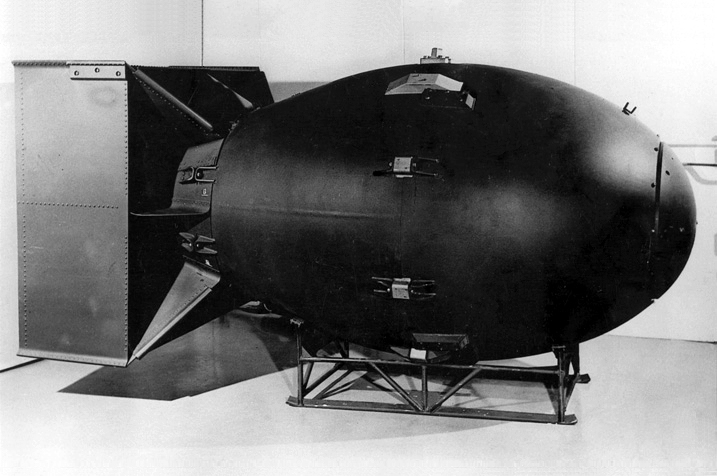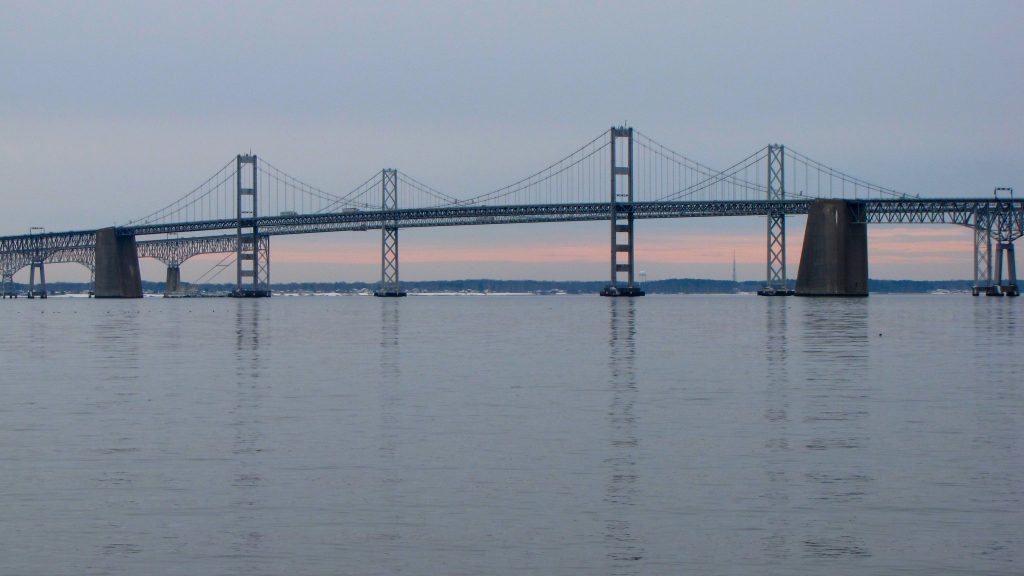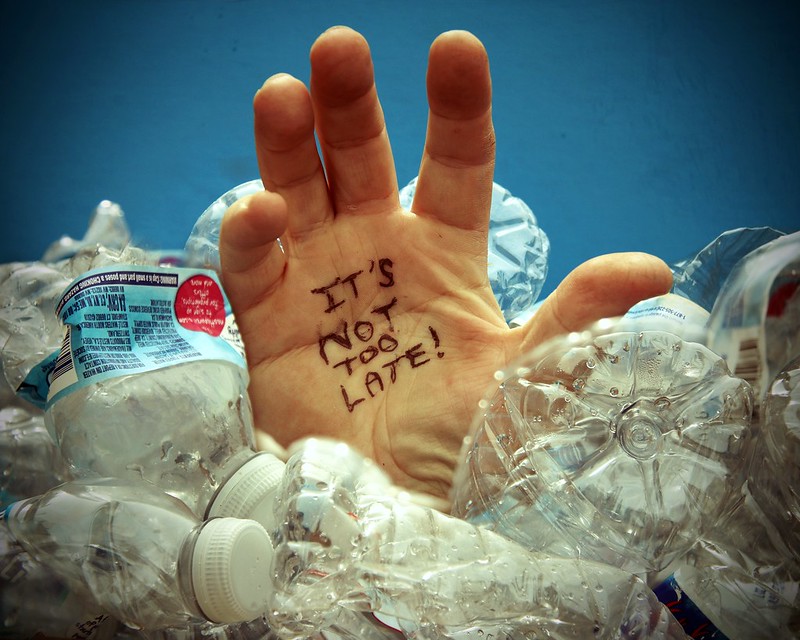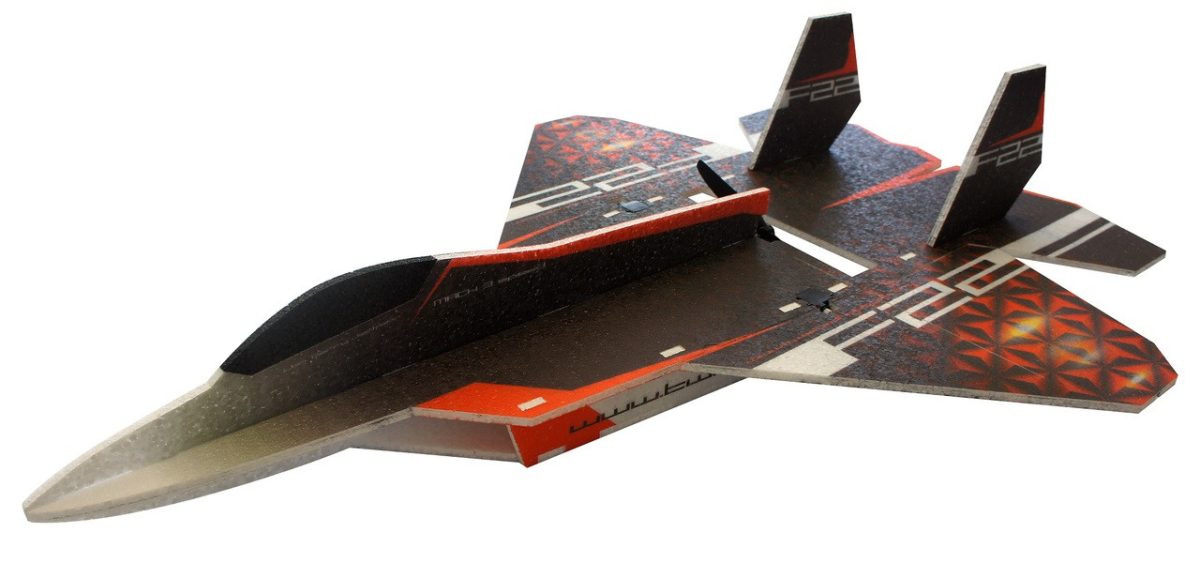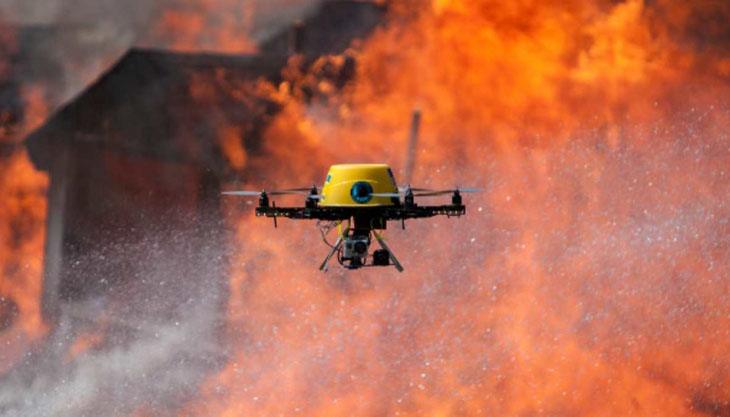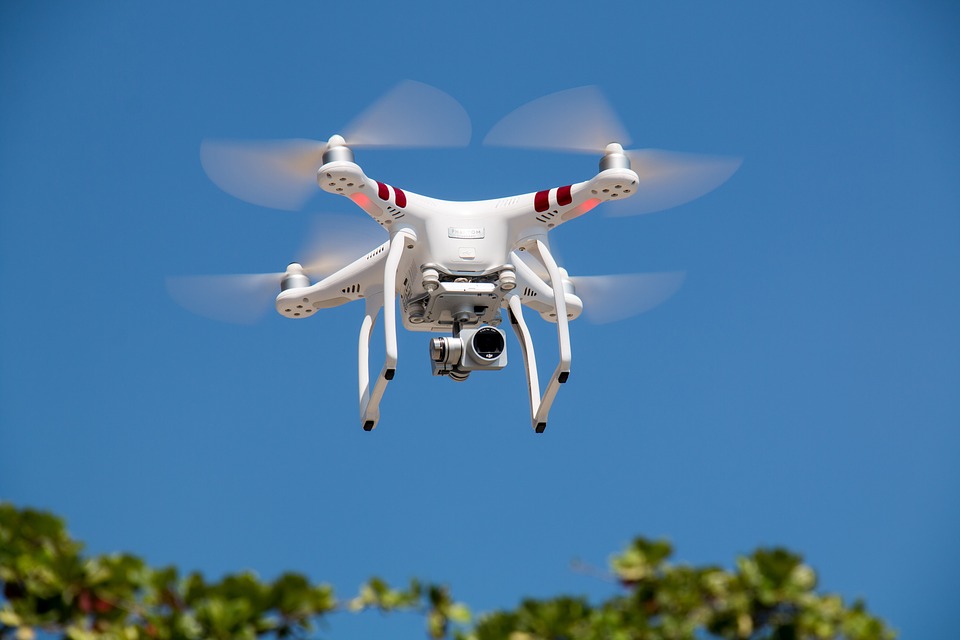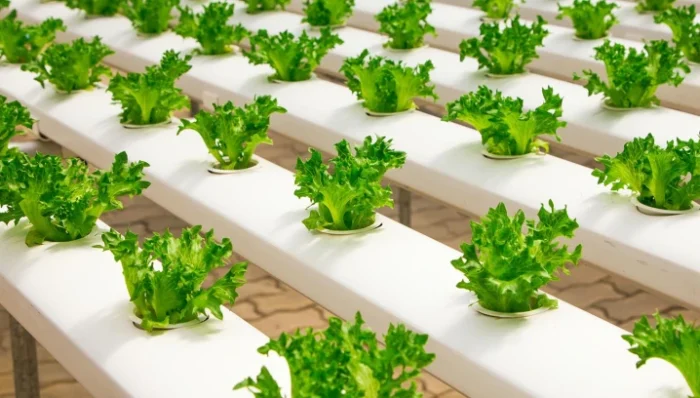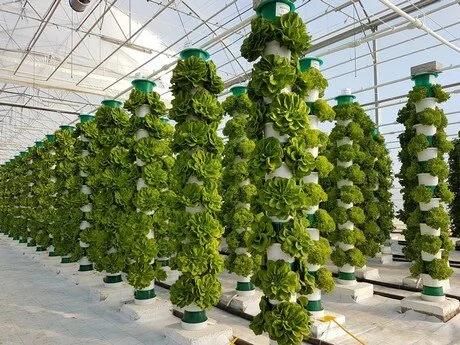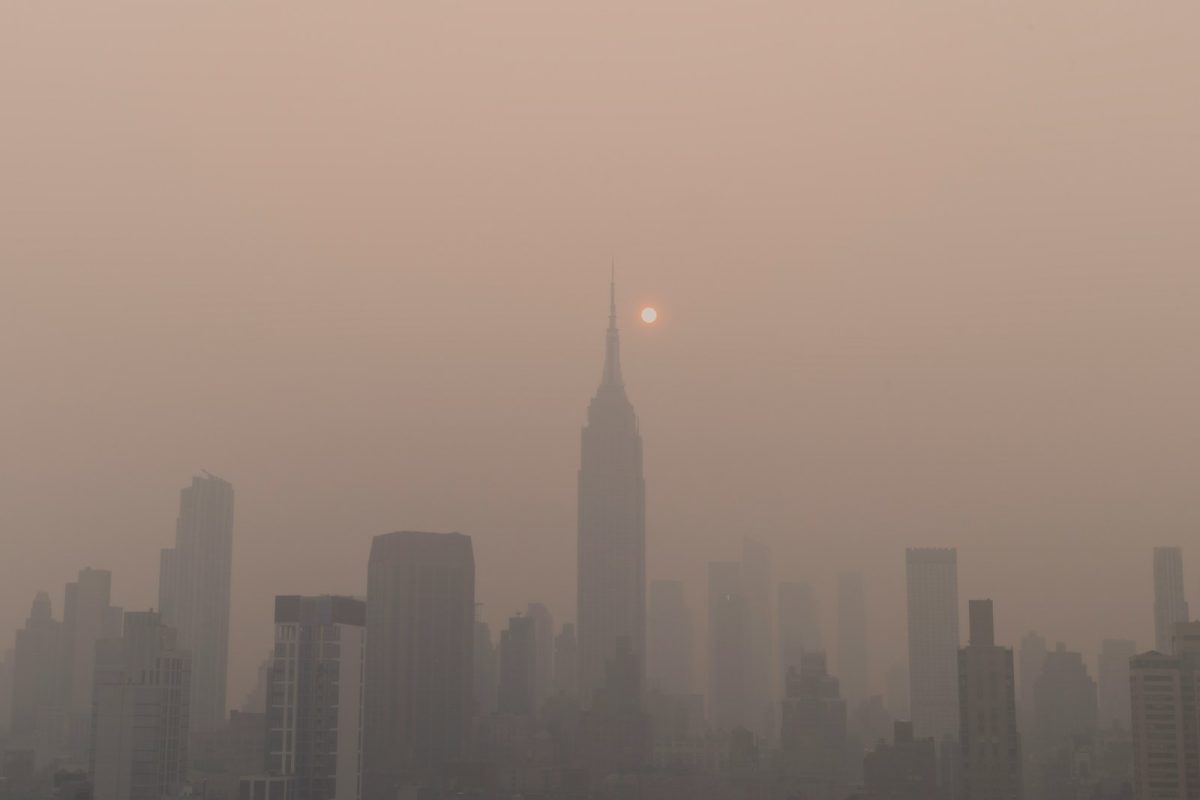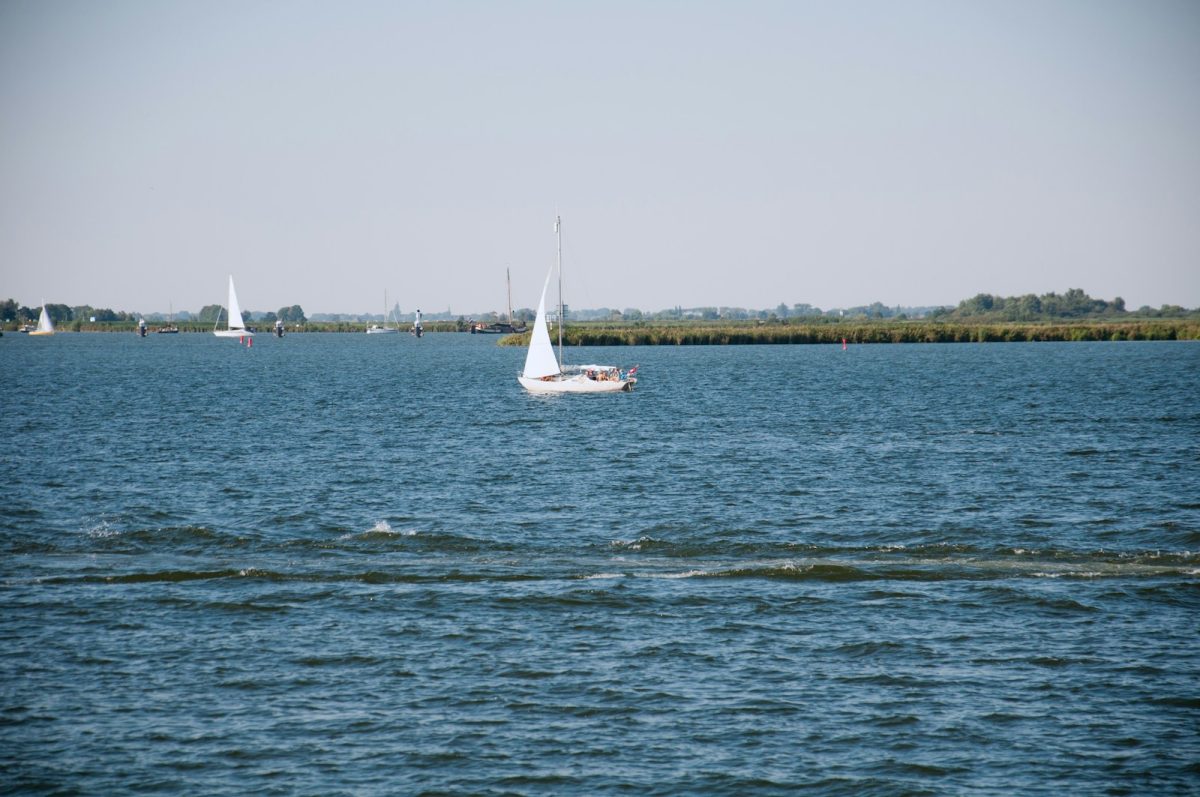How does a nuclear bomb work?
The Strength of the Most Powerful Bombs of all Time
How does a Nuclear Bomb Explode
Nuclear fission produces the atomic bomb, a weapon of mass destruction that uses power released by the splitting of atomic nuclei. When a single free neutron strikes the nucleus of an atom of radioactive material like uranium or plutonium, it knocks two or three more neutrons free. This cycle keeps going on for about five minutes.
What are the After Effects of a Nuclear Bomb
Blast, thermal radiation, and ionizing radiation cause significant destruction within seconds or minutes of a nuclear detonation. The delayed effects, such as radioactive fallout and other environmental effects, inflict damage
for years.
The environment has long-term health consequences, including cancer and genetic damage. Their widespread use in atmospheric testing has caused long-term consequences. This leaves the place uninhabitable for 5-10 years.
Nuclear Fallout
Nuclear fallout is the residue of the radioactive material that goes into the upper part of the atmosphere following a nuclear blast, so called because it falls out of the sky after the explosion when the shock wave has passed. It refers to the radioactive dust and ash created when a nuclear weapon explodes.
The initial radiation pulse from a 1 KT device could cause 50% mortality from radiation exposure, to people without immediate medical issues .
https://www.cdc.gov/nceh/radiation/emergencies/pdf/shelter.pdf
https://www.cdc.gov/nceh/radiation/emergencies/nuclearfaq.htm
https://www.ready.gov/nuclear-exp
m/video-explains-how-far-away-would-you-need-to-be-to-survive-a-nuclear-blast
